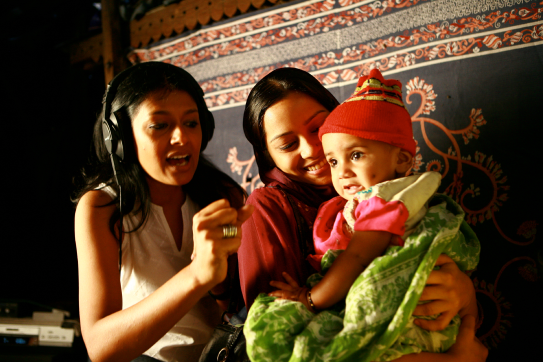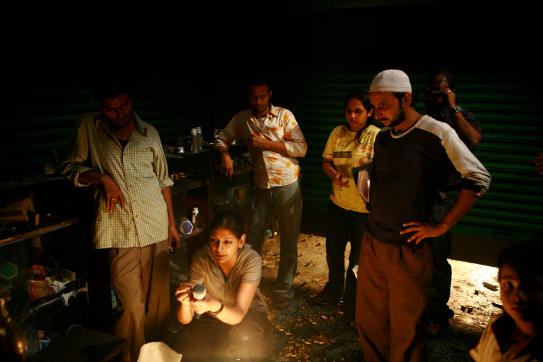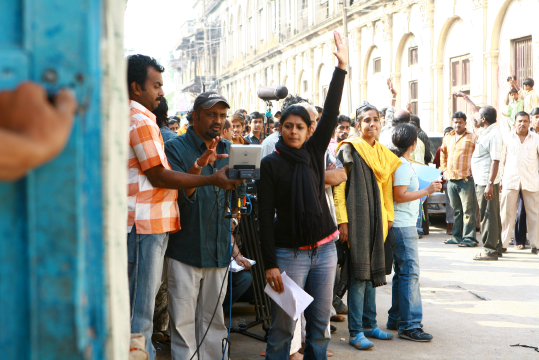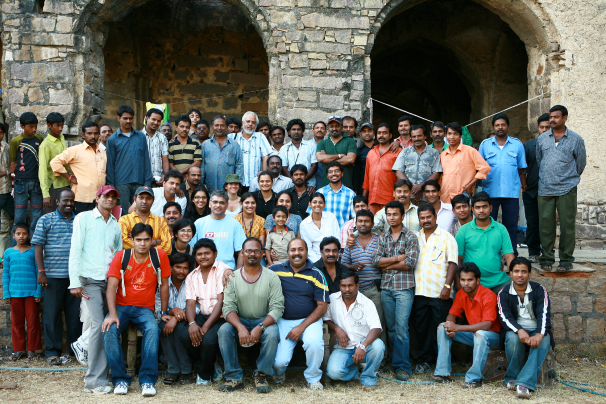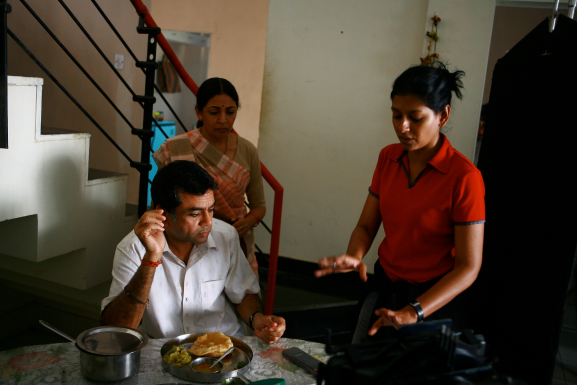When Fair is Lovely
- February 1, 2010
From the time I came into the public domain and have been written about, 9 out of 10 articles start by describing me as being dusky or earthy. A reference to the colour of my skin doesn’t escape the best of journalists.
The prerequisite for being an actress is to be fair. So I guess it is essential to qualify anything that is an aberration. Or, is it simply a manifestation of an inescapable conditioning? I can say from my own experiences that the colour of my skin definitely featured in most introductions and comments about me, right from my childhood. From people saying, “poor thing she is so dark” to “you have nice features despite being dark”. Had it not been for my parents, for whom this was not a topic of conversation, I would have grown up believing I was just not good enough. Thanks to them, I defined myself through nurturing many different interests. How I looked was unimportant. It was only in later years I realised how fortunate I was.
I have often wondered why are we supposed to feel proud or ashamed of attributes that we are born into. I have done nothing to be born as a woman, a Hindu, an Indian or dark. But then there are choices I have made through the years that have been mine and if I must be judged, let those be the ones. But this is easier said than done. I am shocked to see the rise in the number of fairness creams, dark actresses looking paler and paler with every film and magazines, hoardings, films and advertisements showing only fair women. You could ask what is there to be shocked, as all this has always existed. But with more women in the work force, voicing their desires and concerns, more debate about gender equality and sensitivity, one would imagine that racism of this sort would be on the decline.
Of course, now the insecurities of men are also surfacing with equal number of fairness products for them. Such pressures and so little public debate around it! Am I over-reacting here? Whenever I interact with college students, especially young girls, I invariably get a question to the effect, “How come you are so confident despite being dark?” It took me some time to understand its ramifications in its entirety, but when I went deeper I realised how inadequate so many young girls felt purely because they couldn’t live up to the societal standards of beauty. Every film and women’s magazine told them how ugly they were. It made their personalities shy, hesitant, insecure, not good enough. I grappled with how to make them understand the worthlessness of this pursuit as I took my confidence for granted.
Gradually I found myself championing the cause of colour! When a sales-girl tries to sell me a fairness cream or a salon woman insists on bleaching my skin, I find myself giving them a lecture against it. Perhaps, some of it is unwarranted as they, too, are victims of that same system. Strangely, how educated or affluent you are has no bearing on this prejudice.
Desire for a fair child makes some parents believe that drinking milk first thing in the morning will ensure a fair child. A friend of mine suffered his entire childhood as his brother was fair and he was asked how come he turned out to be so dark. There is no dearth of such stories that we all would have heard, experienced or perpetuated in some way or the other. What with fairytales like sleeping beauty talking about “who is the fairest of them all” and Snow White and Barbie dolls becoming role models for little girls. Right from our childhood the message is clear, and in later years it is only reinforced in many ways. Film songs call a girl gori (fair) or “pardon the dark because it has a good heart” in a song like kale hain to kya hua dilwale hain. Look anywhere and everywhere, there are blatant and subtle reinforcements that only fair is lovely.

